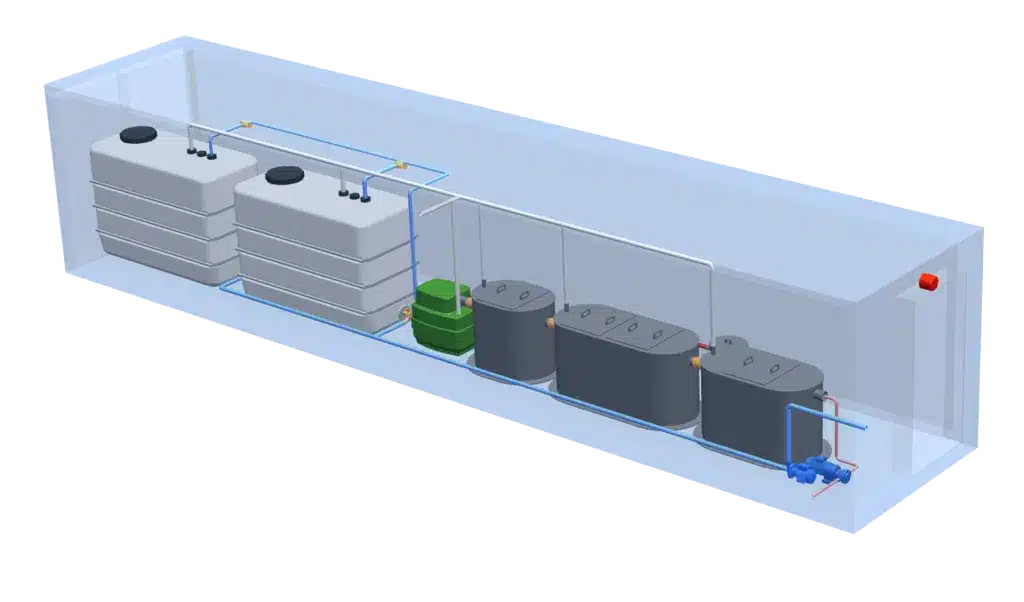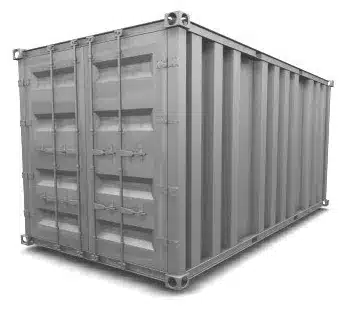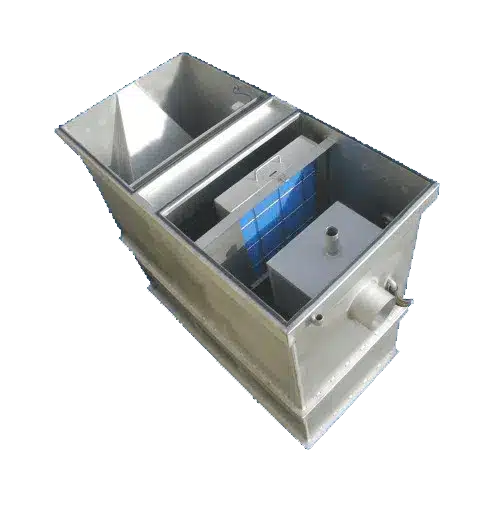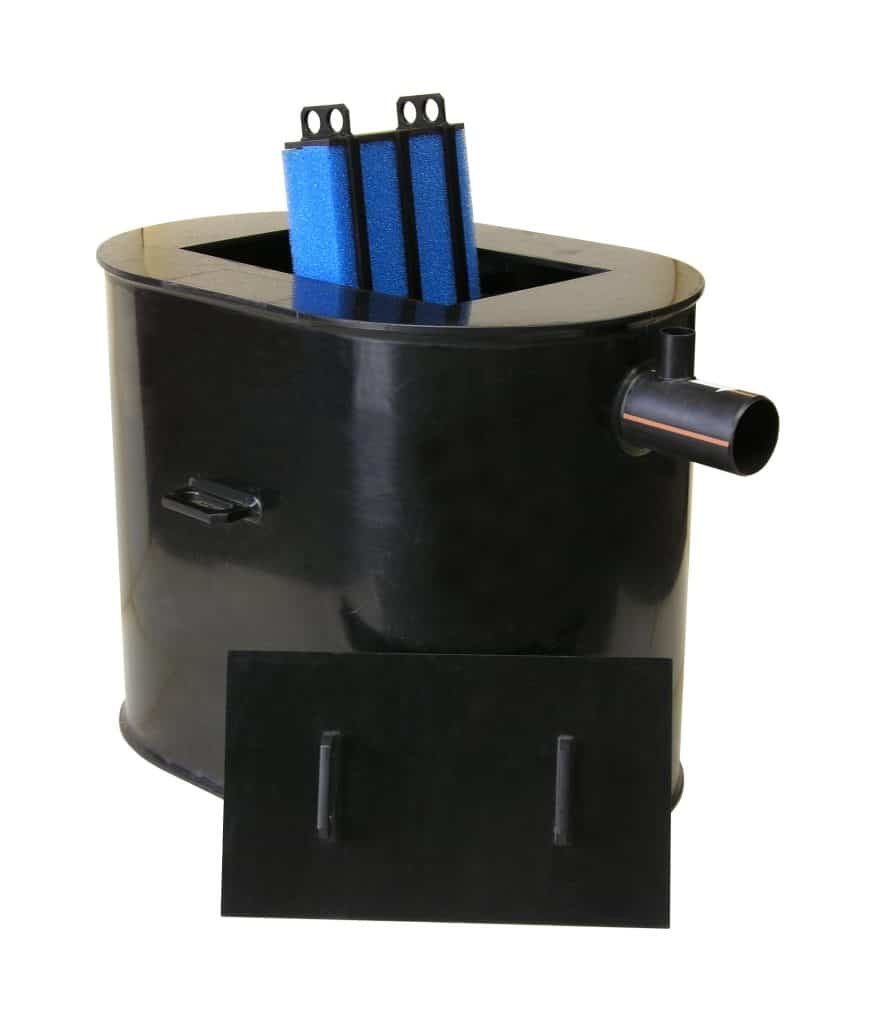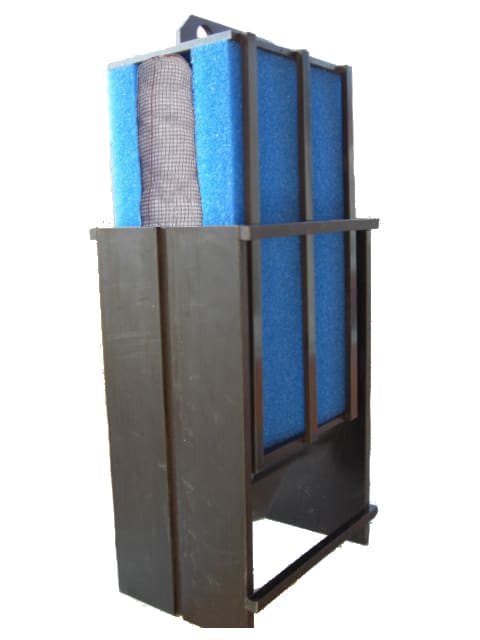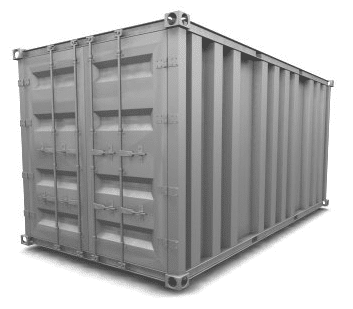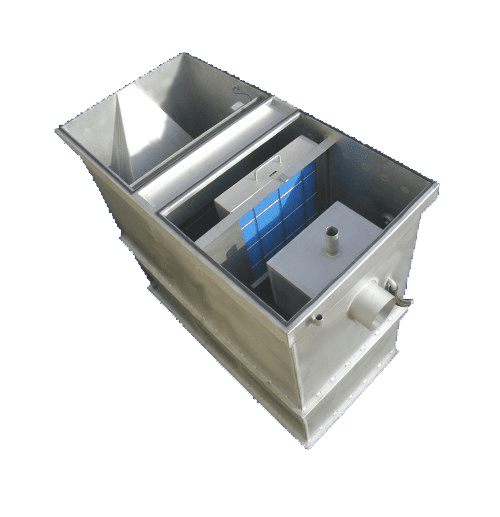Ever wondered how Delaware keeps its wastewater clean and follows strict environmental laws? The secret is in Delaware Above Ground Oil Water Separators. These systems are crucial for managing stormwater and treating industrial wastewater. They make sure harmful oils and pollutants don’t pollute our water.
Freytech Inc. Delaware takes environmental protection seriously. It has strict rules for oil-water separation. The Jeffrey Davis Act sets the standards for businesses using these separators. Everyone, from small workshops to big industrial sites, must help keep Delaware’s waters clean.
Now, stormwater management and environmental compliance are must-haves for any business in Delaware. By using the latest separation technology, companies can follow the law and protect the environment. This also helps them save money.
Key Takeaways
- Delaware Above Ground Oil Water Separators are key for managing stormwater.
- The Jeffrey Davis Act rules how oil-water separation systems are used.
- These systems help businesses meet tough environmental laws.
- They protect Delaware’s water resources.
- Advanced technology helps both the environment and businesses.
Introduction to Above Ground Oil Water Separators in Delaware
Delaware is serious about protecting the environment. Above ground oil water separator tanks are a big part of this effort. They help manage industrial wastewater and ensure the state follows environmental laws.
Understanding Oil-Water Separation
Separating oil and water is key to keeping Delaware’s waters clean. It stops harmful substances from getting into our water sources. This process is important for businesses to follow to stay efficient and meet environmental rules.
Delaware’s AST Regulations
Delaware has strict rules for above ground storage tanks (ASTs) that hold over 250 gallons. These rules help prevent spills and leaks that could damage the environment. Companies must follow these guidelines to avoid fines and keep the local ecosystem safe.
Separators in Industrial Wastewater Treatment
Oil water separator tanks are crucial in treating industrial wastewater. They take out oil and other pollutants from the water before it’s let go. This is key for Delaware’s tough environmental laws. It keeps soil, air, surface water, and groundwater safe from pollution.
Types of Above Ground Oil Water Separators Available in Delaware
Delaware industries have many above ground separator systems to choose from. These systems vary in size and design. They meet different needs and follow various regulations.
Stormwater management separators are often used in industrial settings. They remove hydrocarbons from runoff before it can harm the environment. Many models use coalescing media to better separate oil droplets.
For industrial wastewater, gravity separation tanks are a go-to. These tanks use density differences to separate oil from water. Some tanks have advanced technologies like parallel plate packs for better efficiency.
Delaware businesses can pick from small 250-gallon units to big 40,000-gallon systems. This variety lets facilities choose the right size based on their needs and space. Bigger separators often have more chambers for better treatment.
There are also specialized above ground separator systems for certain industries. For example, API separators for refineries or coalescers for manufacturing plants. These custom solutions work best in tough applications.
Delaware Above Ground Oil Water Separators: Regulations and Compliance
Delaware has strict rules for Above Ground Oil Water Separators to protect the environment. These rules make sure stormwater and industrial wastewater are handled right. Companies must follow these guidelines to stay in line with environmental laws.
The Jeffrey Davis Aboveground Storage Tank Act
This act is the base for Delaware’s rules on Above Ground Oil Water Separators. It works to stop oil spills and keep water safe. The act calls for regular checks and upkeep of these systems.
Delaware Department of Natural Resources and Environmental Control Guidelines
The DNREC watches over stormwater treatment systems and oil water separators. They give clear instructions on how to install, run, and maintain them. These rules help businesses meet environmental laws and dodge fines.
Compliance Requirements for Different AST Capacities
Rules change with tank size. Tanks from 250 to 12,499 gallons have certain rules. Tanks from 250 to 40,000 gallons for diesel, kerosene, or heating fuel have even tougher rules. Companies need to know these rules to follow Delaware’s environmental laws fully.
Benefits of Using Above Ground Separator Systems in Delaware
Above ground separator systems are a big win for Delaware businesses. They protect the environment and keep businesses in line with the law. These systems manage stormwater and stop oil spills, keeping Delaware’s water clean.
These systems are great at handling stormwater. They catch and clean runoff, keeping pollutants out of waterways. This keeps Delaware’s natural areas safe and its waterways clean.
Oil spill prevention is another big plus of these systems. They keep oil from getting into water, saving the environment and avoiding expensive cleanups.
Businesses in Delaware find it easier to follow environmental laws with these systems. They catch and fix problems fast, preventing big messes. This saves money and keeps a company’s good name.
These separators are crucial in storm water systems. They process runoff to meet the US EPA’s Clean Water Act standards. With effective oily water treatment, facilities protect the environment and dodge big fines.
Choosing quality above ground separator systems shows a business cares about the planet. It helps Delaware keep its waterways and ecosystems safe for the future.
Applications of Oil Water Separators in Delaware Industries
Oil water separators are crucial in many Delaware industries. They help companies follow environmental laws and protect water sources. Let’s look at their main uses across different sectors.
Stormwater Management in Industrial Facilities
Industrial sites in Delaware use oil water separators for stormwater treatment. These systems take out oil and grease from runoff. This stops pollution of local waterways. By doing this, industries keep up with state and federal clean water laws.
Hydrocarbon Removal in Manufacturing Processes
Delaware’s manufacturing sector depends on hydrocarbon removal systems. These separators clean wastewater from production by removing oils, fuels, and other hydrocarbons. This makes sure the water discharged has less than 10 parts per million of hydrocarbons.
Oil Spill Prevention in Storage Facilities
Storage facilities for motor oil, diesel, gasoline, and jet fuel use oil water separators. These systems catch and hold potential spills. This protects groundwater and nearby water bodies. By using effective separation tech, storage facilities protect the environment and avoid expensive cleanups.

